A partial lockdown has been in force in Bulgaria since last Friday. It will continue until December 21. The new anti-epidemic measures are due to the deterioration of the epidemiological situation and the spread of the coronavirus infection. As soon as the soft lockdown was announced, the authorities took new economic, social and health measures to help both businesses and people.
Workers of temporarily closed companies, employed at a full-time job contract, can rely on financial support amounting to EUR 12 a day. The measures entered in force on November 30 and the total value of the “Save Me” project is EUR 25 million. Bulgaria’s Deputy Premier Tomislav Donchev promised to announce soon a new plan in support of the country’s economy to the tune of EUR 87 million. Last week, it became clear that the European Commission had extended EUR 511 million to help the Bulgarian economy tackle the adverse effects of the coronavirs crisis. This substantial financial support includes working capital grants for micro, small and medium-sized enterprises, capital investments and loan guarantees, the Commission announced. The 60/40 and 80/20 wage support schemes aimed at preserving jobs through state funding continue as well.

Bulgaria is to redirect a total of EUR 80 million from “Innovations and Competitiveness” operational programme to support businesses, this country’s Minister of Economy Lachezar Borisov announced. In addition, Bulgaria’s Deputy Premier and Minister of Tourism Mariana Nikolova announced that tourism, which is among the sectors that has been most affected by the coronavirus outbreak, is to receive financial assistance to the tune of EUR 26 million.

Bulgaria’s government intends to allocate between EUR 179 million and EUR 204 million from the state budget in support of the economy. All these measures should calm the sectors which have felt the effects of the crisis the most- transport, hotels, restaurants, entertainment industry, agriculture, retail trade, etc. Bulgaria’s Premier Boyko Borissov called these measures “balanced”.

As for the purely health aspects of the crisis, observers have acknowledged that the authorities have made and are making considerable efforts to strengthen and improve the capacity of the health system in the fight against the coronavirus pandemic. There are enough hospitals, medical equipment and medicines in Bulgaria, although there are a lot of organizational and bureaucratic problems, too.
The future Covid-19 vaccines will be voluntary and free for citizens, the cabinet already announced. For now, however, the significant problem regarding the lack of medical staff (doctors, nurses and healthcare assistants) remains unsolved. That is why the medics working at the frontline against the coronavirus infection continue to receive an extra EUR 500 per month. As of January 1, 2021, the medics are to start receiving additional bonuses to their monthly wages.

Opponents contend that the state should pay the salaries and the social insurance contributions of the closed businesses, cover their overhead expenses, provide easier access to new loans, launch procedures for deferring outstanding liabilities, announce interest-free periods of grace, etc. For the time being, however, no extension of the moratorium on loans, which was introduced in June and is valid until the end of 2020, is expected.
According to estimates, another EUR 200 million must be invested to support the economy. According to the worst-case scenario, GDP losses will amount to EUR 500 million. However, this can be compensated, the government contends.

The government’s attempt to strike a difficult balance between freedom in economic life and austerity is evident. Perhaps that is why, the ominous dilemma “people or economy” is false.
English version: Kostadin Atanasov
Photos: BTA and BGNESInflation in the EU in July reached 2.4% on an annual basis , according to Eurostat data. Regarding Bulgaria, European statistics report an increase in inflation to 3.4% in July this year compared to the same month last year. According to this..
For the period January-June 2025, the net flow of foreign direct investment in the country reached EUR 848 million (0.8% of GDP), which represents a decrease of EUR 31.4 million compared to the same period in 2024. In June 2025, the flow was negative..
On the world map of organic agriculture, Bulgaria is not just a dot, but a colorful mosaic of food products, carrying the aroma and taste of unspoiled nature. Our organically certified areas produce crops sought after around the world – essential oil..
The Ministry of Innovation and Growth has presented the country’s first interactive investment map . The platform aims to provide Bulgarian and foreign..

+359 2 9336 661
